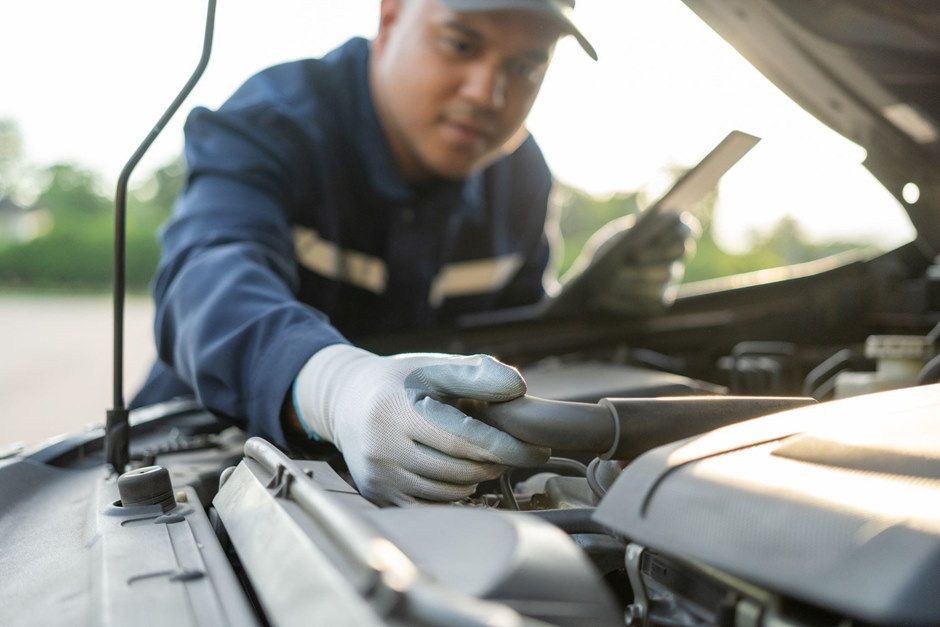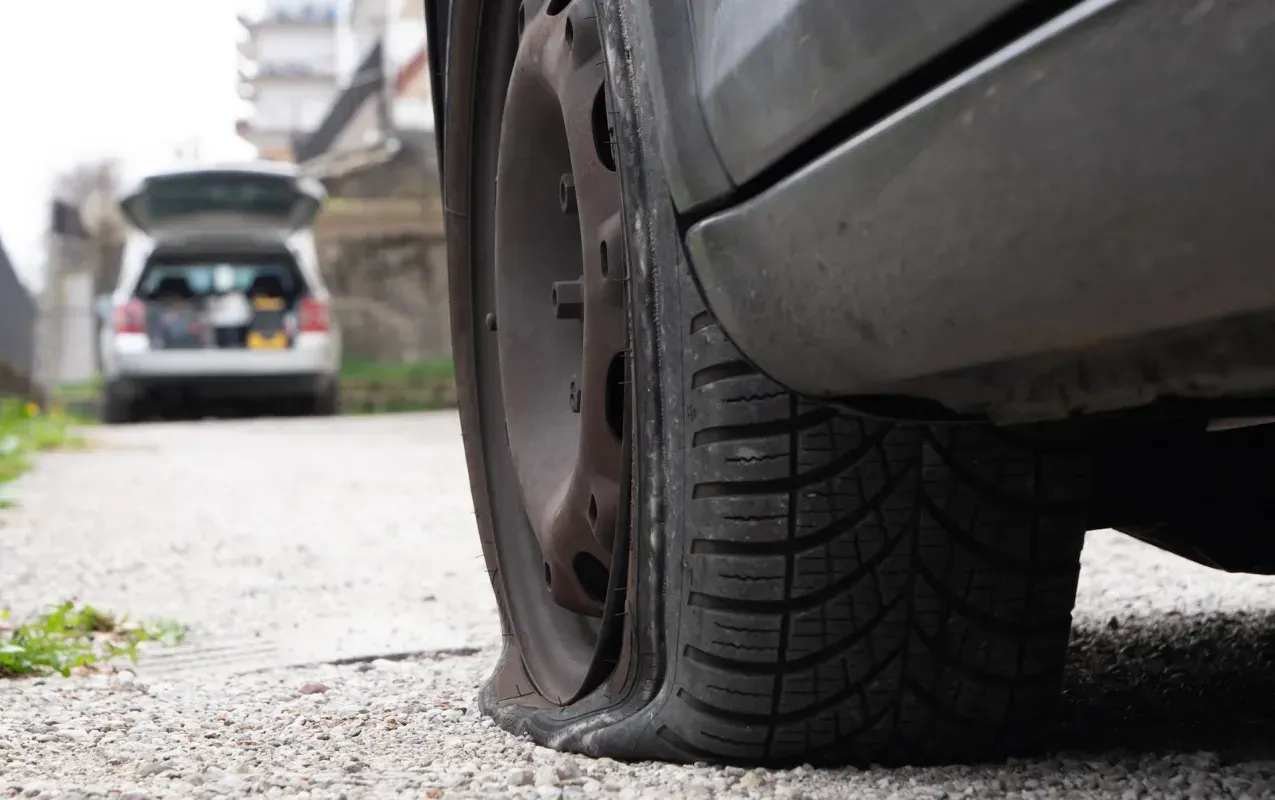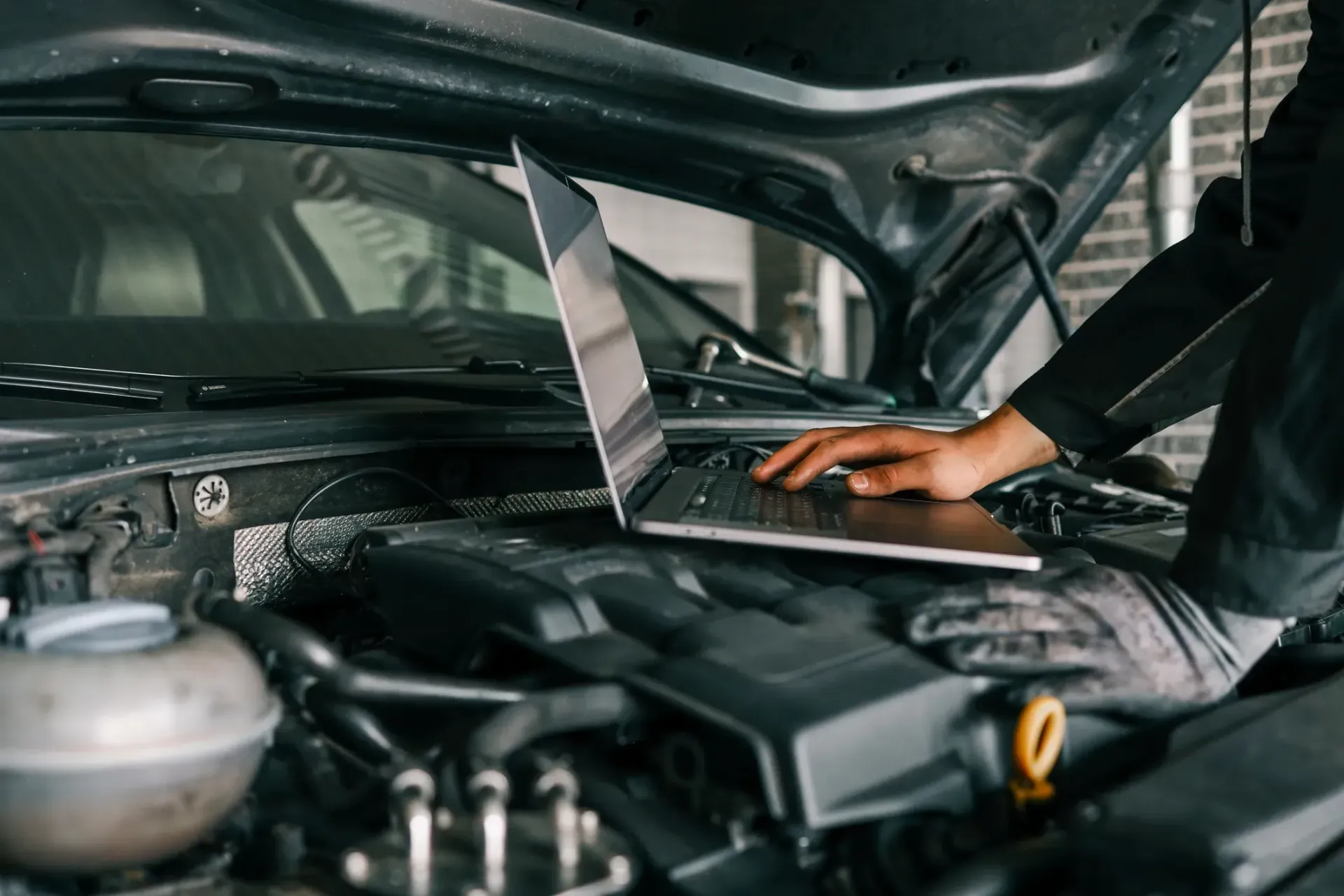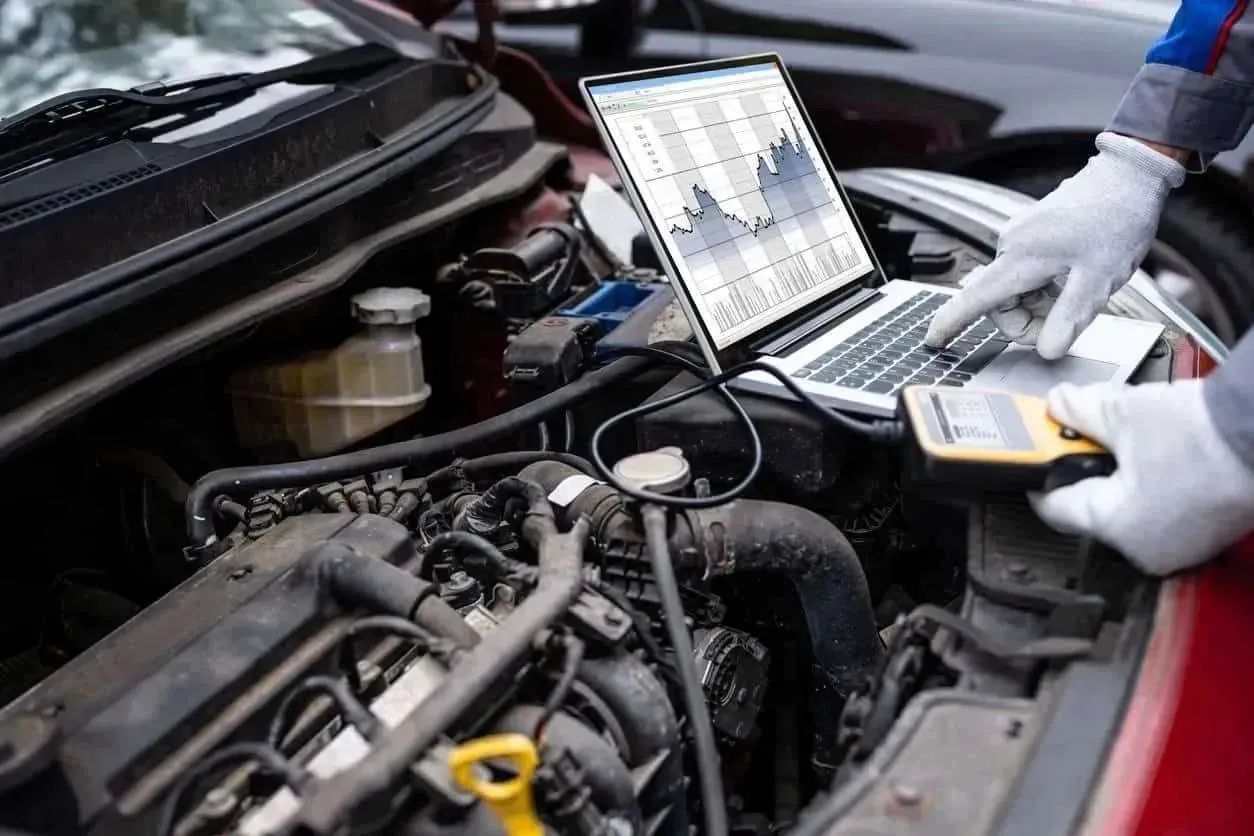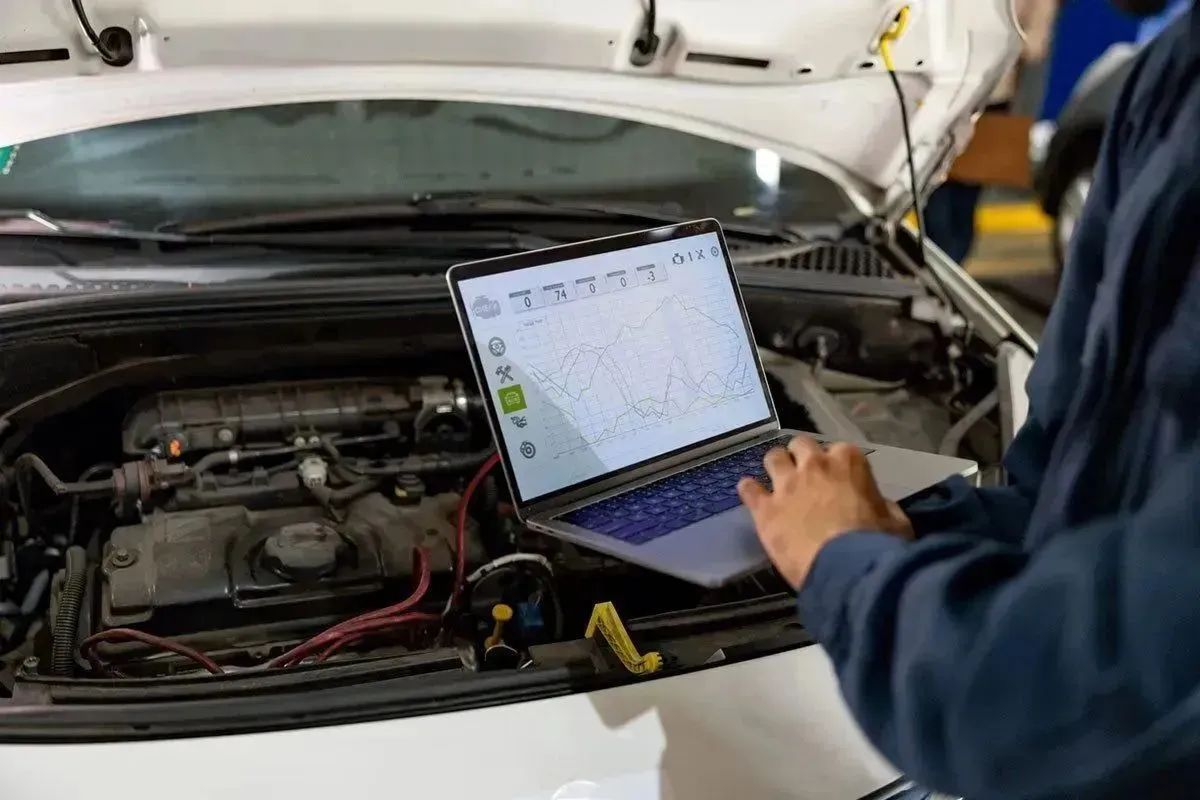Understanding AdBlue Faults & How Electricians Can Help
With emissions regulations becoming increasingly strict, modern diesel vehicles rely heavily on AdBlue to meet environmental standards. While this system plays a critical role in reducing harmful nitrogen oxide (NOx) emissions, it is also one of the most common sources of faults in diesel cars and vans. From dashboard warning lights to full-on vehicle shutdowns, AdBlue faults can be highly disruptive, especially for those who rely on their vehicle for work or long-distance travel.
Fortunately, many of the issues related to AdBlue systems can be swiftly identified and resolved by a qualified vehicle electrician. These professionals use specialist diagnostic tools and have the technical knowledge to provide precise AdBlue repairs and effective long-term solutions.
In our useful guide, we’ll take an in-depth look at how AdBlue works, explore the most common problems drivers encounter, and explain how auto electricians are best placed to deliver expert AdBlue services, including emergency callouts when things go wrong. Keep reading to learn more.
What Is AdBlue and How Does It Work?
AdBlue is a clear, non-toxic solution made up of 32.5% urea and 67.5% deionised water. It's used in diesel vehicles that feature a Selective Catalytic Reduction (SCR) system, which is a technology introduced to meet Euro 6 emissions standards. The SCR system helps reduce the levels of nitrogen oxide (NOx), which is a major factor contributing to air pollution and smog.
The process works by injecting AdBlue into the exhaust stream. As the exhaust gases pass through the SCR catalyst, the urea in the AdBlue reacts with the NOx, converting it into harmless nitrogen and water vapour. This chemical reaction significantly lowers emissions and enables the vehicle to remain compliant with regulations.
However, because this system is highly sensitive and electronically controlled, any malfunction in its components, from the sensors to the injectors, can cause serious issues. In many cases, the vehicle’s onboard computer will respond to AdBlue faults by limiting engine performance or even preventing the engine from starting altogether.
What Are the Most Common AdBlue Faults?
Despite being designed for efficiency, AdBlue systems can be vulnerable to a range of faults. These problems will often lead to dashboard warnings, increased emissions, and ultimately, the need for a professional repair. Below are the most common AdBlue-related issues found in diesel vehicles across the UK.
Sensor Malfunctions
AdBlue systems are reliant on sensors, including NOx sensors and level sensors located in the AdBlue tank. These monitor the amount of fluid remaining and whether the emissions output is within legal limits. If a sensor fails, which is common due to contamination, corrosion, or age, the ECU may mistakenly believe the system isn’t functioning properly. As a result, you may see warnings such as “Check AdBlue system” or “No start in 600 miles,” even if your fluid levels are fine.
Sensor failure was so prevalent that in 2022, the UK saw several vehicle recalls related to faulty NOx sensors. Repairing these requires both mechanical knowledge and access to OEM-level diagnostic equipment, making it a job for a qualified vehicle electrician.
Faulty Injectors
Another common issue that you may encounter lies with the injector responsible for spraying AdBlue into the exhaust system. If the injector becomes blocked or fails mechanically, the system can no longer dose AdBlue properly. This can lead to inefficient NOx conversion, causing the vehicle to emit excessive pollutants and possibly fail its MOT emissions test.
In more severe cases, the ECU will trigger limp mode or initiate a countdown to engine shutdown, putting you under pressure to resolve the issue quickly.
Crystallisation and Freezing
AdBlue has a freezing point of around -11°C. In colder weather, poorly maintained vehicles may suffer from frozen or crystallised AdBlue in the tank or supply lines. This crystallisation can block filters, injectors, or pipework, causing the system to fail entirely.
Many vehicles are fitted with AdBlue heaters to prevent freezing, but if the heater itself is faulty, this safety measure won’t work. Once crystallisation occurs, flushing and cleaning the system becomes necessary. This is another issue that should be carefully dealt with through professionals, so that they can get to the root of the problem, handling it safely.
Pump and Heater Failures
The AdBlue system includes a pump that pressurises the fluid before it’s injected. If the pump fails, the entire system is rendered inoperable. As we've just mentioned, if the tank heater isn’t working, the AdBlue may become unusable in cold conditions.
Both the pump and heater are electronically controlled components, and their faults often trigger trouble codes in the ECU. Without the correct diagnostics, these faults can be misdiagnosed or overlooked.

How a Vehicle Electrician Can Help With AdBlue Repairs
Many drivers assume that a mechanical issue means they need a mechanic. But in the case of AdBlue faults, the underlying problem is usually electronic, making an auto electrician one of the best people to call. So, how can they help?
Precision Diagnosis With Advanced Tools
Vehicle electricians use diagnostic computers capable of reading fault codes from your car’s Engine Control Unit (ECU). This allows them to pinpoint the specific issue, whether it's a failed sensor, a faulty pump, or an electrical short in the wiring. Generic OBD scanners found in garages or DIY kits often don’t go deep enough into the AdBlue system to give accurate results. Professionals can help identify the issue and resolve it safely.
Specialist Repairs and Component Replacements
Once the fault is diagnosed, the electrician can carry out repairs or replace the affected parts. This might involve replacing a damaged injector, rewiring a faulty sensor, or replacing a failed heater unit. In many cases, these repairs can be done on-site, particularly by mobile electricians who offer emergency car repair services.
Software Resets and Reprogramming
Modern vehicles usually need a software reset after a component is replaced or repaired. If the ECU isn’t properly reset, it may still display errors or refuse to start. Vehicle electricians can reprogram the SCR control unit, perform system adaptations, and carry out software updates using manufacturer-approved procedures.
What Happens If You Ignore AdBlue Faults?
Ignoring AdBlue faults is not recommended. Most diesel vehicles will give a countdown in miles until the car refuses to start. Once you hit zero, the car will become immobilised until the issue is resolved. In addition, a faulty or disabled AdBlue system means your vehicle is not legally compliant with emissions standards. This can lead to consequences such as:
● MOT failure
● Legal fines for commercial drivers
● Increased emissions and potential engine damage
Worse still, using non-approved workarounds such as AdBlue emulators (illegal devices that trick the ECU) can result in prosecution or fines under UK emissions laws. Only certified AdBlue repair or AdBlue services should be considered.
Don’t Let AdBlue Faults Stall Your Journey
By working with a qualified vehicle electrician, you’ll benefit from accurate diagnostics, fast repairs, and fully compliant AdBlue solutions that restore your vehicle’s performance and ensure you stay road-legal. Looking for professional AdBlue services? Look no further and reach out to William's Technicians today.

